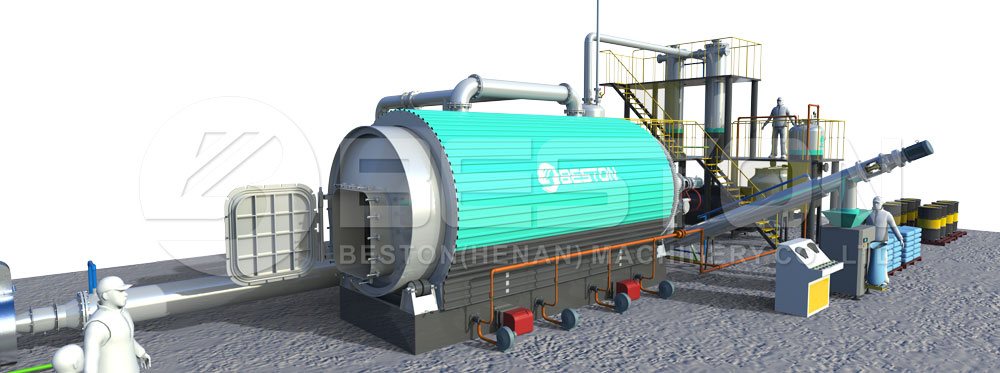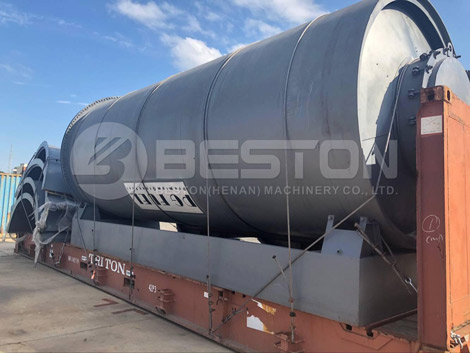The Evolving Market for Modern Tyre Recycling Machine
A modern tire recycling machine has revolutionized the way waste road tires and various rubber-based materials are transformed into valuable pyrolysis oil. These machines provide an environmentally friendly and commercially viable solution to managing the global problem of scrap tire accumulation, offering a sustainable approach to recycling.
Every year, millions of tons of used road tires are discarded, posing a significant environmental challenge. Proper disposal and recycling are crucial, making tyre recycling machine essential for businesses seeking to contribute to environmental protection while accessing a virtually unlimited supply of low-cost raw materials. Moreover, many governments worldwide are incentivizing eco-friendly waste processing through tax breaks, grants, and subsidies, making this sector even more attractive for investment.

Beston Group (https://bestonpyrolysisplant.com/) is a leading manufacturer in the tire-to-oil machine industry, with a global customer base spanning countries like South Africa, Argentina, Australia, India, Egypt, the UK, the Philippines, and Norway. Renowned for their top-quality machinery and excellent customer service, Beston provides comprehensive support, including assembly, installation, maintenance, and servicing of their rubber pyrolysis plants.
When evaluating tire recycling machines, it’s important to consider specifications such as daily capacity, reactor design, cooling method, operating pressure, floor space requirements, total power, heating materials, reactor size, service lifespan, and working method. For example, some of the most durable pyrolysis reactors in the market have an average service life of around eight years, offering ample time to recover the initial investment and generate substantial profits. See Beston tyre pyrolysis plant long service life here.

Tire recycling machines are generally categorized into three types based on their level of automation: batch/manual, semi-automatic, and fully continuous. The choice of machine largely depends on the facility’s budget and processing needs. While a fully continuous, fully automated machine with a 30-ton daily capacity is ideal, it may not be financially feasible for many recycling businesses. The key is to select a machine that aligns with your business requirements without exceeding your budget.
By investing in a tire recycling machine, businesses not only contribute to environmental sustainability but also tap into a profitable market with strong governmental support.